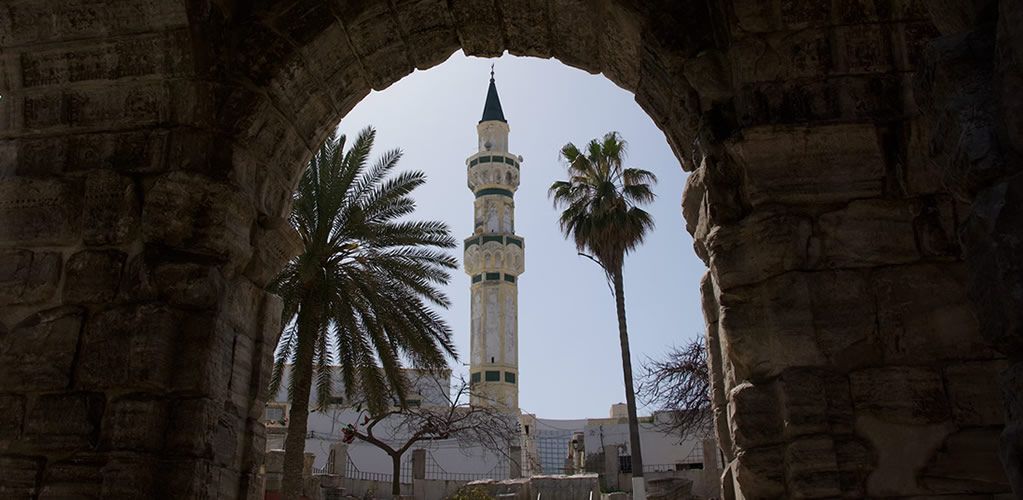Libya’s warring governments and the West
Eight years on from the grand bargain, Libya’s situation is even more woeful.

Eight years on from the grand bargain, Libya’s situation is even more woeful.
I n the tragic aftermath of the deluge that has engulfed Derna in eastern Libya, it’s worth thinking back to how far back its misfortune goes.
Back in December 2015, when the Americans and Italians tried to corral Libya’s fractious parties into a deal, it was meant to end the absurdity of the country’s situation, i.e. that it had two governments but not enough governance.
The UN and the West came up with Faiez Al-Serraj. Even as he was being magicked into office, I remember standing in a well-appointed living room in Tunisia, discussing the whole situation with diplomats from various countries. They expressed remarkable optimism despite the dismal reality, which was apparent to pretty much everyone.
It was as follows: That heads had been unceremoniously banged together to achieve this particular outcome.
That the leaders of the General National Congress (GNC) in Tripoli and the House of Representatives (HoR) in Tobruk had been forced into agreeing to something they had already rejected.
And lastly, that the UN and Western powers had dismissed the alternative peace plan proposed by delegates of both bodies.
So it worked out the way it did, but nothing worked really. Eight years on from the grand bargain dreamed up in Western corridors of power, Libya’s situation is even more woeful.

GOING FURTHER
Libya flood: Drone images show extent of Derna destruction | BBC News
Rescuers call for more help in Libya as they face grim task of retrieving bodies from the sea | CNN
“Fractured Libya: The Struggle for Unity” [PDF] | US Congress
Origins of the Libyan conflict and options for its resolution [PDF] | Middle East Institute
Sources:
▪ Text: This piece was first published in Medium and re-published in PMP Magazine on 17 September 2023. | The author writes in a personal capacity.
▪ Cover: Unsplash/Z El Baz. (Licensed under a Creative Commons Attribution-ShareAlike 4.0 International License.)






[Read our Comments Guidelines]